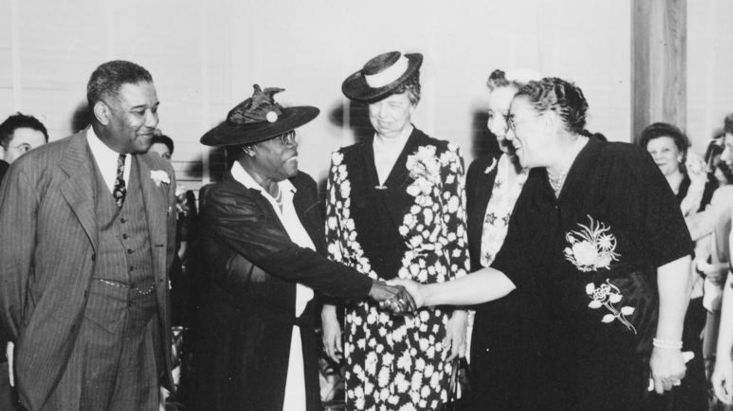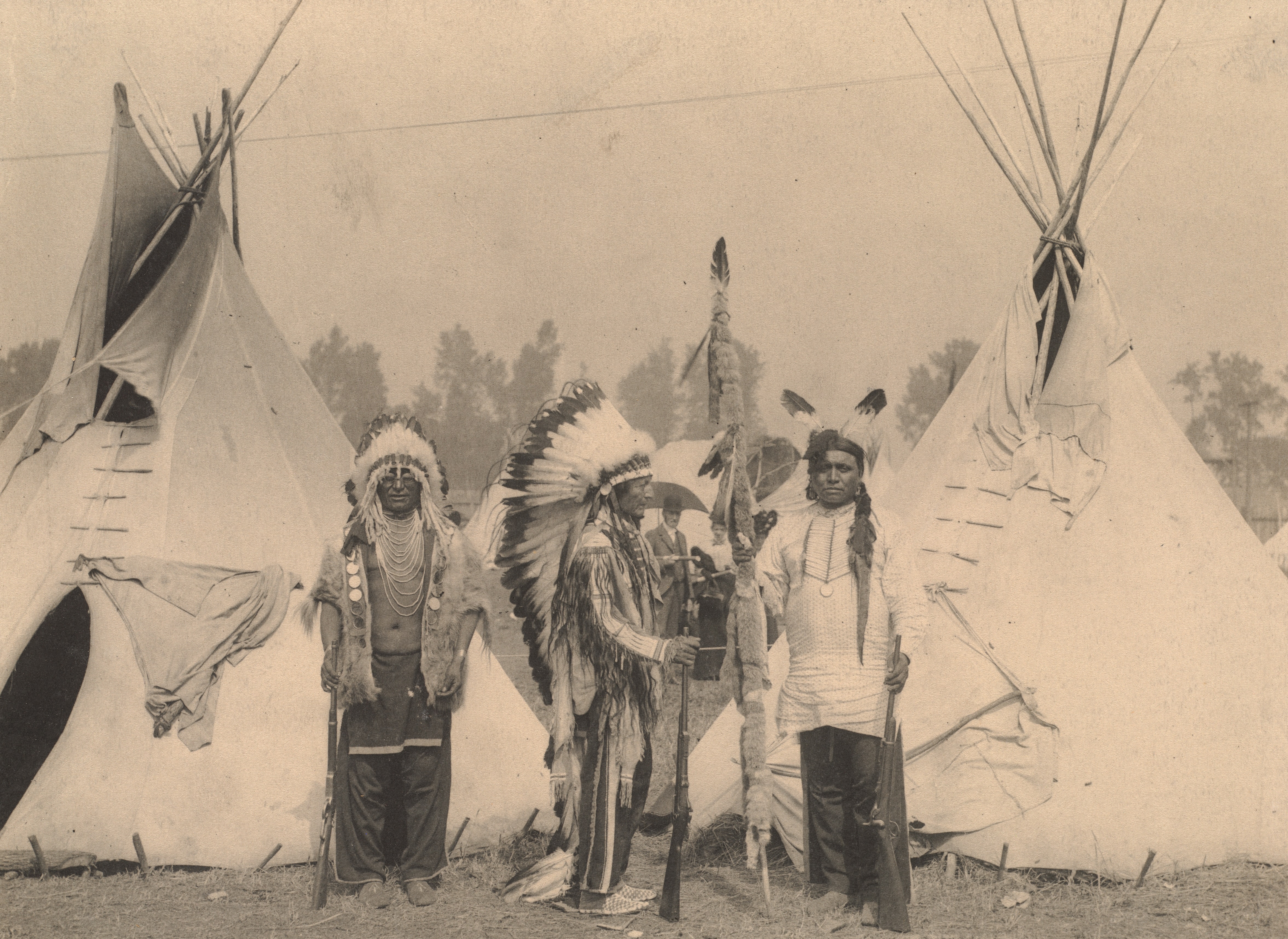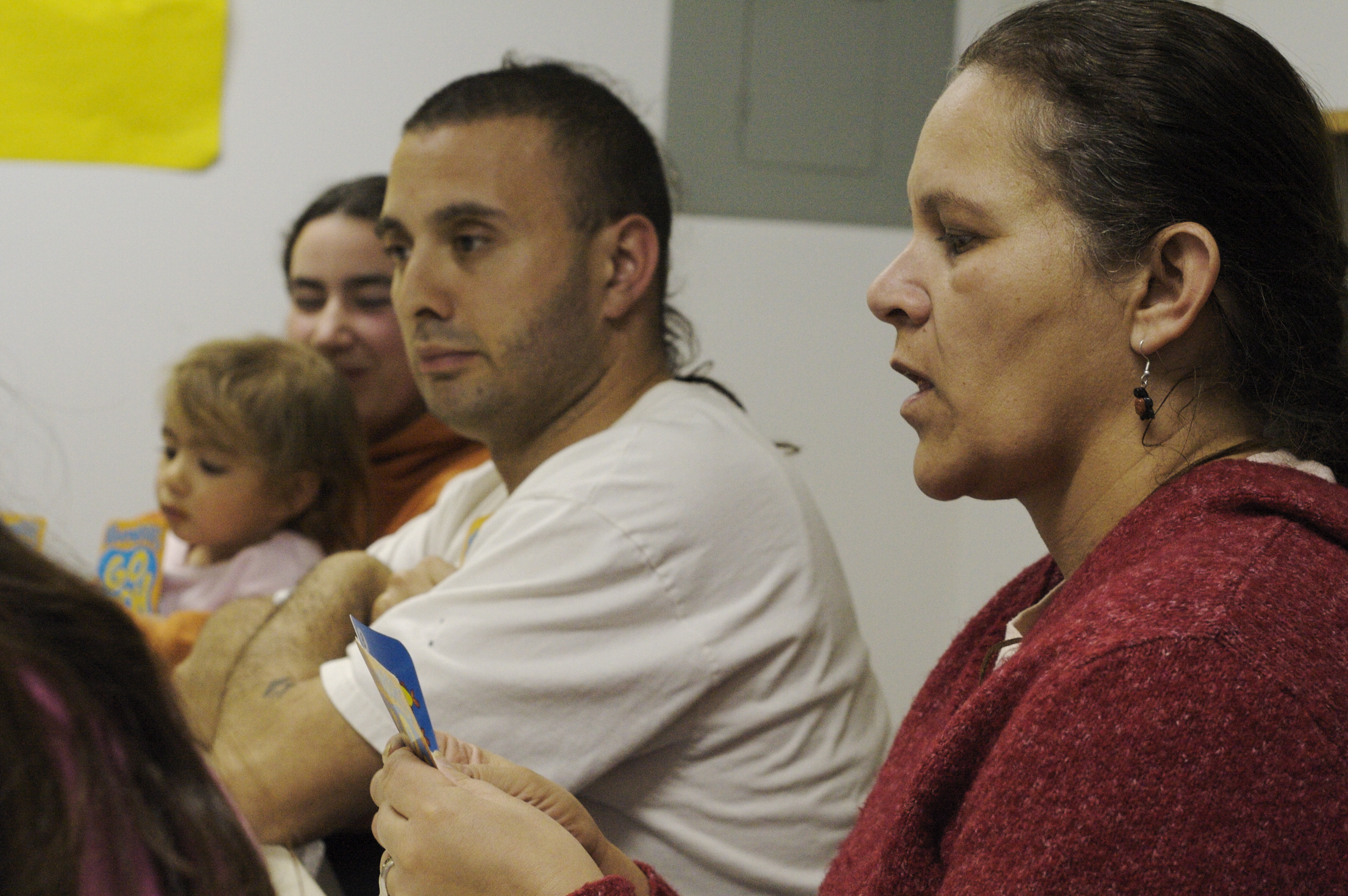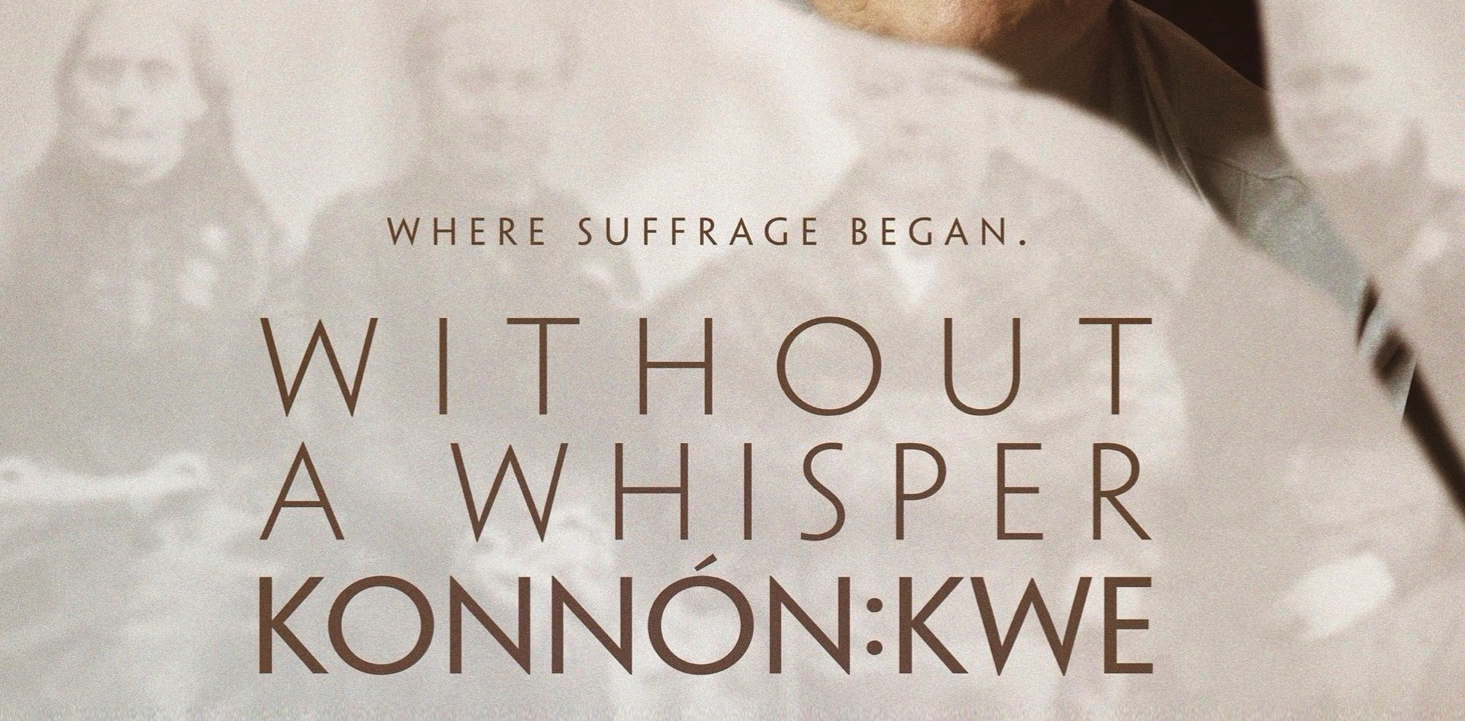As we mark the anniversary of the January 6th insurrection at the U.S. Capitol, revelations from the ongoing congressional investigations are beginning to mount, raising fundamental questions about forces that may imperil U.S. democracy. This investigation has deepened widespread concerns about rising threats of fascism, racism, white nationalism, and other phenomena that undermine justice for all. But in analyses that focus primarily on the role of white nationalism fomented within media echo chambers, for example, commentators have overlooked what may be a more pervasive parallel phenomenon: the widespread crisis of faith in U.S. media and institutions at large. Though these dynamics were on display during the insurrection and in the coverage that followed, January 6th offers a rich case study for interrogating the complex role of media in shaping public opinion and how those opinions have become so wildly divergent. For educators tasked with the vital work of helping young people sift fact from fiction in the present information landscape, this anniversary also raises an important challenge to expand the scope of instruction on media literacy for young people.
Kaitlin Smith
Recent Posts
The 26th U.N. Climate Change Conference of the Parties (COP26) that took place in Glasgow, Scotland from October to November 2021 was, in many ways, a historic event. It was the first COP convening to formally acknowledge the role of fossil fuels in climate change—a significant step in a global climate discourse filled with conflicting narratives and agendas surrounding fossil fuel use. In addition, 200 countries adopted an unprecedented agreement to “phase down” their use of coal as an energy source. Despite the historic nature of these developments, these outcomes have faced strong criticism from a wide array of stakeholder groups, and one area of dissension centers around the issue of environmental justice. While situations such as the Flint water crisis and Standing Rock have raised concern about environmental justice within the U.S., conversations emerging from COP26 pose questions of environmental justice at an international scale. While COP remains a crucial space for international cooperation in the fight against climate disaster, there is notable consternation over the unique burdens that various policies may place on poorer nations and those most vulnerable to adverse climate events. The nature of the debate that has unfolded brings the complicated relationship between human rights, environmental justice, and environmental stewardship into focus, and reveals that the path forward is riddled with complexity.
Topics: Human Rights, environmental justice, climate change
Here at Facing History, we see awareness months as opportunities to deepen our knowledge of and attention to key histories and related areas of contemporary concern. However, the focus on these issues during one particular month can further marginalize the very concerns we aim to elevate. With this in mind, what follows is an invitation to engage with important themes raised by Global Human Rights Month this December and throughout all of the months of the year.
Topics: Books, Human Rights, Reading List
While the concept of “human rights” figures prominently in the domestic policy and public life of many nations around the world, history reveals that the United States took a decidedly different path. As historian Carol Anderson details in her book Eyes Off the Prize (2003), the nation’s use of the concept reflects its history of racism—one in which narrower notions of “civil rights” gained currency in domestic affairs over and against the broader conceptions of “human rights” that remain central to the nation’s foreign policy. Having observed the inability of the U.S. government to uphold even the “civil rights” ostensibly guaranteed to them by the U.S. Constitution and legislation, a series of African American leaders have nevertheless invoked the language of “human rights” to underscore the urgency of their situation on the international stage. These figures—including W.E.B. DuBois, William Patterson, Malcolm X, and Tommie Smith—have played vital roles in an underacknowledged story of Black people leading global antiracist movements while also pushing their own country to be better. Moreover, this multigenerational story of vision, persistence, and recurring difficulty brings the historic significance of the recently announced United Nations investigation into human rights abuses against Black people around the world into sharper focus.
Topics: Human Rights, Black History
During Universal Human Rights Month this December, educators have an opportunity to engage their students in focused exploration of the assaults on human dignity that abound in our own national contexts and around the globe. Yet educators also have an opportunity to highlight some of the parallel efforts to protect human lives and dignity that arise in the face of violence and injustice.
Topics: Human Rights
"Where, after all, do human rights begin? In small places close to home-so close and
so small that they cannot be seen on any map of the world." —Eleanor Roosevelt
Topics: Human Rights, Universe of Obligation
More Than Monsters: The Deeper Significance of Wendigo Stories
Posted by Kaitlin Smith on November 30, 2021
One does not need to delve very deeply into the annals of American film, television, and literature to find an array of caricatured depictions of Native American peoples and a distortion of their knowledge. One recurring theme across these storytelling mediums is the use of the “wendigo”—also spelled “wétiko”—a monstrous figure from Algonquian mythology who exhibits an insatiable greed along with a desire for human flesh. From Stephen King’s Pet Sematary to the television series Hanibal, the flesh-eating image of the wendigo is often presented apart from its original cultural contexts where it carries deep moral significance. The latest addition to this lineup of wendigo tales is Scott Cooper and Guillermo del Toro’s horror film Antlers (2021) in which a Native American character provides some brief exposition before the story centered around a white community contending with the monster begins in earnest. Though these misrepresentations of the wendigo beg for critical interrogation, the wendigo stories of Algonquian peoples offer a window into the endurance of cultural resources used to transmit significant moral values, and underscore the power of Native people using these stories to engage in social critique.
Topics: Film, Indigenous, Native Americans
20 Teacher Resources on Native American History and Culture
Posted by Kaitlin Smith on November 26, 2021
Here at Facing History, we see heritage and awareness months as opportunities to deepen our knowledge of and attention to the histories and contemporary experiences of historically marginalized communities. However, the focus on celebrating these communities over one particular month can further marginalize the very experiences we are hoping to elevate. With this in mind, what follows is an invitation to engage with important themes raised by Native American Heritage Month this November and throughout all of the months of the year.
Topics: Indigenous, Native Americans
Since the announcement of the Federal Indian Boarding School Initiative by U.S. Secretary of the Interior Deb Haaland in June 2021, there has been increased public attention to the legacy of 18th and 19th-century government-run schools used to “kill the Indian to save the man” in the words of one school master. The use of these boarding schools was one significant component of an attempt at cultural genocide of Native peoples—one in which children were forcibly removed from their homes and deposited in schools where they were violently socialized into the norms of settler colonial culture and its official language: English. Despite the force of these authorities, Native American communities resisted attempts at cultural genocide and continue to resist into the present through a host of efforts. Alongside Secretary Haaland’s federal initiative, there are a number of grassroots efforts dedicated to healing the lasting wounds inflicted by these policies. Among them are a group of educational initiatives being led by Native people that engage in language revitalization as a form of decolonial education and healing.
Topics: Indigenous, Native Americans
Here at Facing History, we see heritage and awareness months as opportunities to deepen our knowledge of and attention to the histories and contemporary experiences of historically marginalized communities. However, the focus on celebrating these communities over one particular month can further marginalize the very experiences we are hoping to elevate. With this in mind, what follows is an invitation to engage with important themes raised by Native American Heritage Month
this November and throughout all of the months of the year.
Topics: Indigenous, Native Americans










